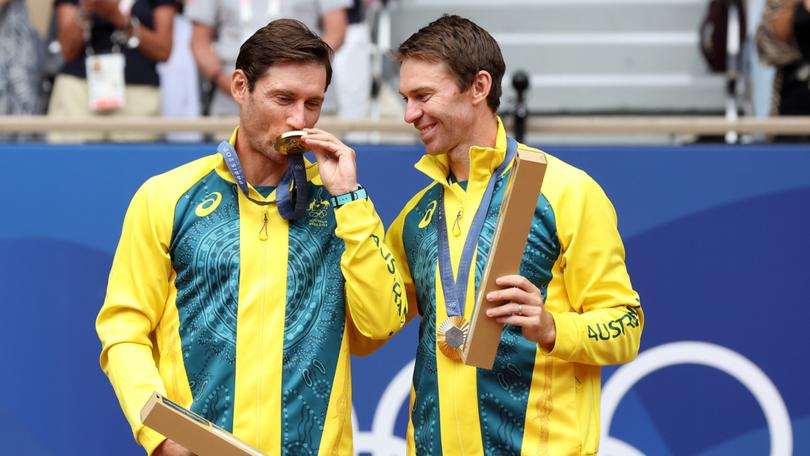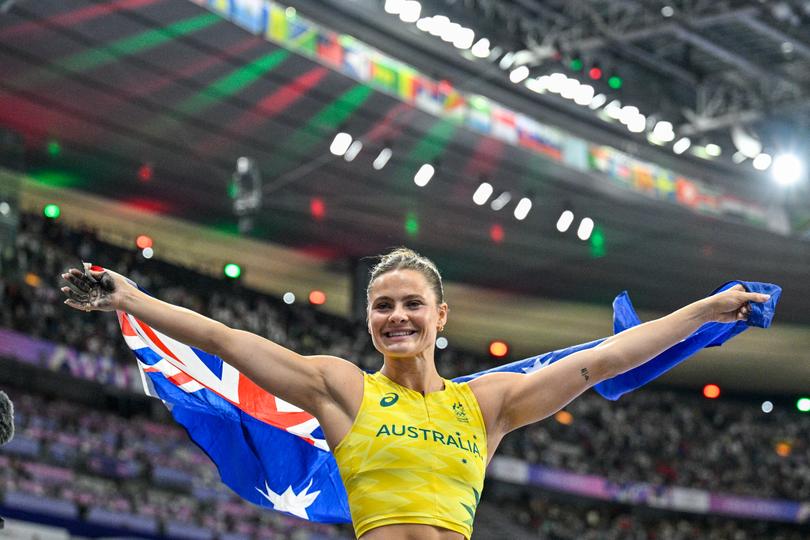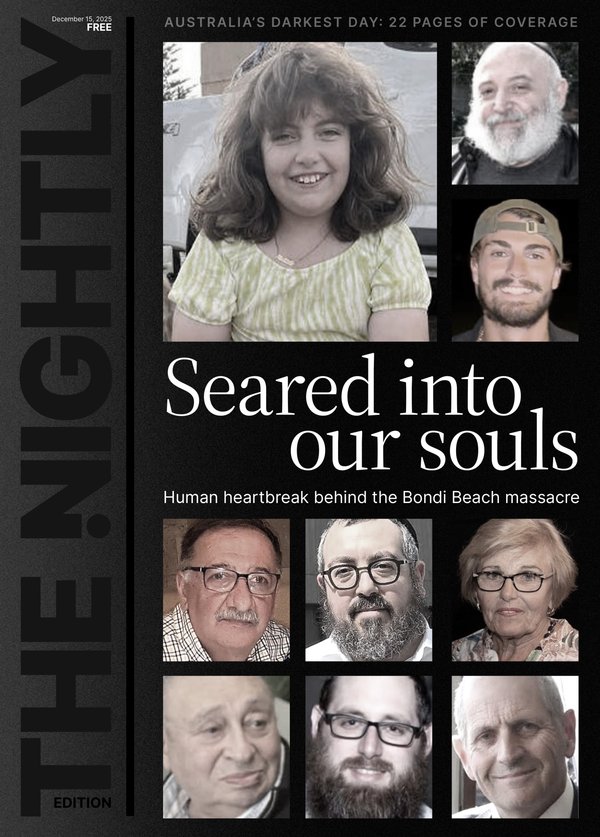EDITORIAL: Aussie Olympics success needs ongoing support and funding

The Olympic flame has been snuffed but Paris 2024 will long be remembered as Australia’s greatest Games.
The facts speak for themselves — 18 gold medals, 19 silver and 16 bronze — and an overall fourth-place finish.
The 18 golds eclipse our previous best hauls of 17 from the 2004 Athens Games and in Tokyo three years ago.
Sign up to The Nightly's newsletters.
Get the first look at the digital newspaper, curated daily stories and breaking headlines delivered to your inbox.
By continuing you agree to our Terms and Privacy Policy.Only powerhouse nations the United States and China plus Japan, who secured third place on the final day of competition, had the mettle to secure more of the most precious metal.
On the world’s greatest sporting stage, our athletes excelled, showcasing that for a small nation of 27 million, we punch well above our weight.
In total, Australia leaves Paris with 53 medals, a record for an away Games only bettered by a home-ground tally of 58 medals in Sydney in 2000.
Swimmer Mollie O’Callaghan was the nation’s most successful athlete with three gold medals, plus a silver and a bronze.
Her teammates Kaylee McKeown, Ariarne Titmus and Shayna Jack, plus paddler Jessica Fox, each scored two golds.
Five Australians successfully defended their Olympic crowns including WA sailor Matt Wearn.
WA athletes snared six gold medals, including Nina Kennedy’s soaring win in the women’s pole vault.
Swimming ace Emma McKeon retires our most successful Olympian ever after winning her sixth gold medal taking her Olympic medal tally to 14.
While the sporting world pivots its focus to Los Angeles 2028, Australian athletes and future athletes are already imagining what might be achievable on home soil with all the advantages that come with it when the Olympics comes to Brisbane in 2032.
But Olympic chef de mission Anna Meares warns that similar success isn’t guaranteed, and glory comes at a price, with the Paris campaign costing $25 million.

In order for Australia to remain an international sporting force, Meares said we need to maintain appropriate funding in order to retain talent.
“Take time to celebrate it ... this is a great achievement,” Meares said of Australia’s results in Paris. “It obviously lends to a greater expectation going forward.
“We know that a Games leading into a home Games for Brisbane is really critical.
“The support that we need, the funding . . . is critical in the next eight-year cycle.
“It’s one thing to have talent. And we have some incredibly talented athletes. Then you need to be able to support the staff around them. We need the good coaches, we need the good support staff.
“And often we can lose them to opportunities with other countries where they are offered better pay, better conditions.”
Having already faced bitter disappointment when Victorian Premier Daniel Andrews cruelled the chance for Australia to host the 2026 Commonwealth Games, Australia should focus on ensuring that we do all we can to make Brisbane 2032 a roaring success.
Our athletes have done us proud and we cannot let them down.
Originally published on The Nightly
